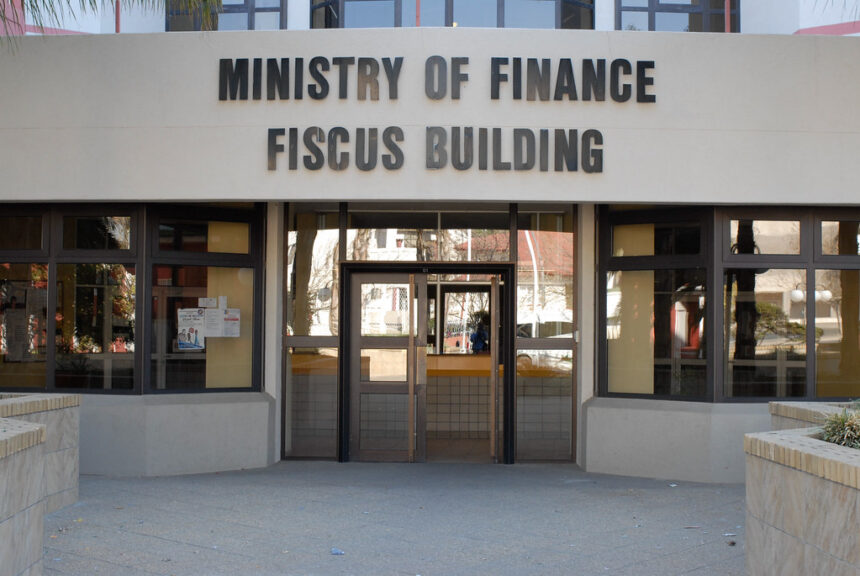The World Bank (WB) recently stated that Namibia needs to reconsider the presence of state-owned enterprises (SOEs) in its domestic economy, before speaking of private sector-led growth.
“Unpredictable state transfers to SOEs create fiscal pressures and highlight the need for better governance,” reads a World Bank country partnership framework report released last month.
Since Namibian independence, SOEs have for the last three decades been questioned for participation in corruption, nepotism, mismanagement of public funds and abuse of power.
The World Bank (WB), an international financial institution providing loans and grants to be used for economic development, noted that a large public sector that does not operate under competitive neutrality, hinders private sector growth.
“Since many SOEs provide essential inputs and services for economic competitiveness, evaluating their service quality, production costs, and price competitiveness will be essential to drive private sector-led growth and support Namibia’s economic diversification goals,” the WB added.
It further recommended that the implementation of government’s plans to improve SOE governance and efficiency would strengthen delivery of services while creating more opportunities for the private sector.
When government launched its draft policy document, dealing with public enterprises (PEs) ownership a year ago, it was reported that Namibia had 81 PEs, comprising of commercial and non-commercial entities.
The total asset value of commercial PEs stands at N$120 billion, liabilities at N$60 billion, and the net value assets at N$60 billion. The employment count stands at about 25 000.
“Corruption and other irregular practices cause PEs to suffer financial losses or brand and reputational damage, as well as distorting markets, eroding public trust, and causing the degradation of domestic and foreign investor confidence,” Namibia’s draft policy read at the time. -mndjavera@nepc.com.na


